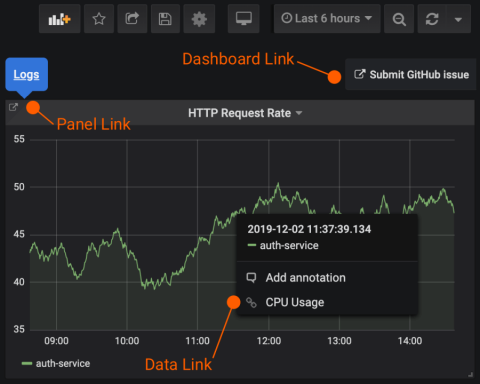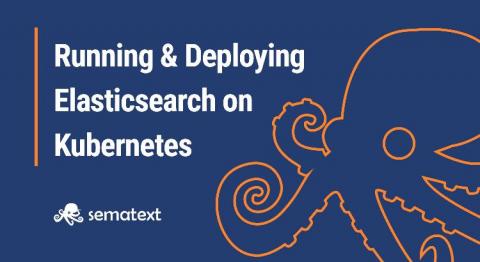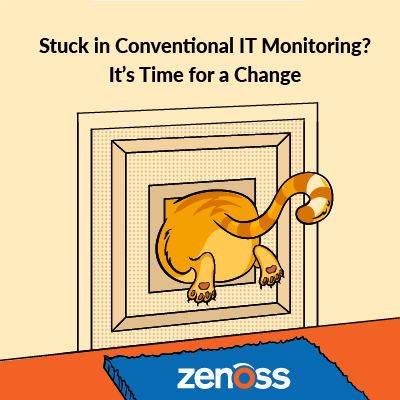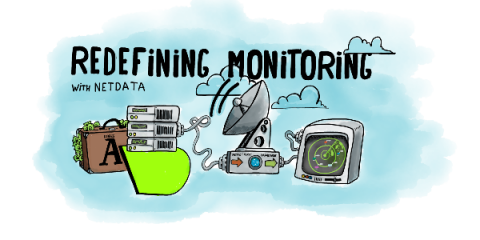Root Cause Analysis and the Road to Automated Remediation
No one wants to get paged in the middle of the night for an issue or failure within their infrastructure. When this does happen, IT operations engineers need to be able to quickly and confidently identify where the fire is and how to put it out to minimize negative impact. The root cause analysis (RCA) feature within LogicMonitor’s new AIOps Early Warning System makes this easier than ever.











